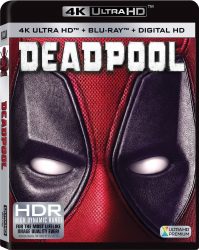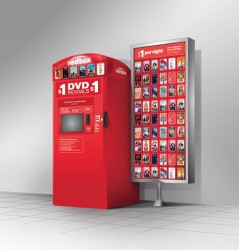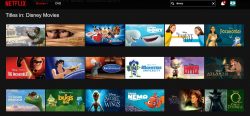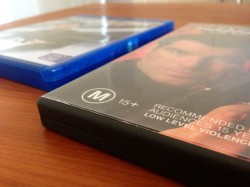Hello! Welcome to another issue of the WNR. I hesitated about actually writing one this week, since there really isn’t much going on, but I don’t really want to make it a habit of skipping issues, which I know has become a bit too frequent recently, so I thought I would just cover what I can and then rant for the rest of it. So basically, the same as usual.
![]()
Those that have been following my coverage of Denuvo related news in the last couple of months will know the game ‘Assassins Creed Origin’. It is one of the many high profile games protected by version 4 of Denuvo’s anti-tampering engine, and by recent comparisons, one of Denuvo’s success stories. That story is still very much a success, even though ‘Assassins Creed Origin’ was finally cracked last week.
For those keeping count, that’s about 4 months of protection for the triple-A game, which in piracy terms, is an eternity (most sales happen in the first few weeks). So for Denuvo, is has been a success story, but for crackers engaged in a war of attrition with the company, the cracking of ‘Assassins Creed Origin’ was also a success story, at least from a technical point of view.
Also interesting is that one cracker, known as Voksi, has even released a YouTube tutorial on how to crack Denuvo v4 yourself. I say tutorial, but for most of us, it might as well be in an alien language (or as someone posted on Reddit, like “giving a monkey a physics textbook”).
So the current state of warfare is this. Denuvo is using more and more complicated techniques to add and hide “triggers” into the game code that the Denuvo engine checks for at run time to detect tampering. The problem with this is that this also becomes increasingly resource intensive, to the point where eventually, game performance will be severely affected. Crackers are also finding it harder to find and remove these triggers. With a new version of the engine, crackers have to figure out where these triggers are and this is an time intensive process at first. This can be automated eventually, and so once a game is cracked, the time between it and the next crack will get increasingly shorter, and eventually, an avalanche of releases make their way to the scene. Then Denuvo comes out with a new version, and the game continues.
Will Denuvo eventually run out of ways to protect the triggers, or if it’s too much of a performance hit to do so? Don’t know, but cracking group are very determined to see this war all the way to the end, and usually when this is the case, the crackers usually win.
But for now, Denuvo can still license their engine to game publishers keep to protect their game – even if the protection only lasts 2 weeks, that’s still better than nothing in the publisher’s thinking. That is unless gamers start complaining loudly about Denuvo and its impact on game performance (if it’s proven beyond a doubt that Denuvo is a resource hog – we still can’t really say because the current crack is a workaround which does not remove Denuvo running in the background, but merely bypass it) and start voting with their wallets – maybe only then, with that kind of public backlash, will publishers think twice about putting Denuvo into their games.
![]()
While news is a bit light, I’ve been preparing the stats and graphs for our annual “Blu-ray: The State of Play” article, where I summarise how Blu-ray, DVD and Ultra HD Blu-ray are doing. 2016 saw a slight improvement for Blu-ray, possible related to the release of the UHD format, or possibly just due to the caliber of releases.
So what happened in 2017? You’ll have to wait for our full analysis to find out, but spoiler alert: Blu-ray is not doing very well. I mean, it’s still doing better than DVDs, but we’re looking at almost a 7% decline in revenue, and where for most weeks in 2017, Blu-ray revenue was down compared to the same week in 2016. Even UHD couldn’t save the day (or year) this time.
Keep your eyes peeled for the full analysis soon.
======
Well, that’s it really for the week. Here’s hoping for a bit more to write about next week. Until then, have a great one!












